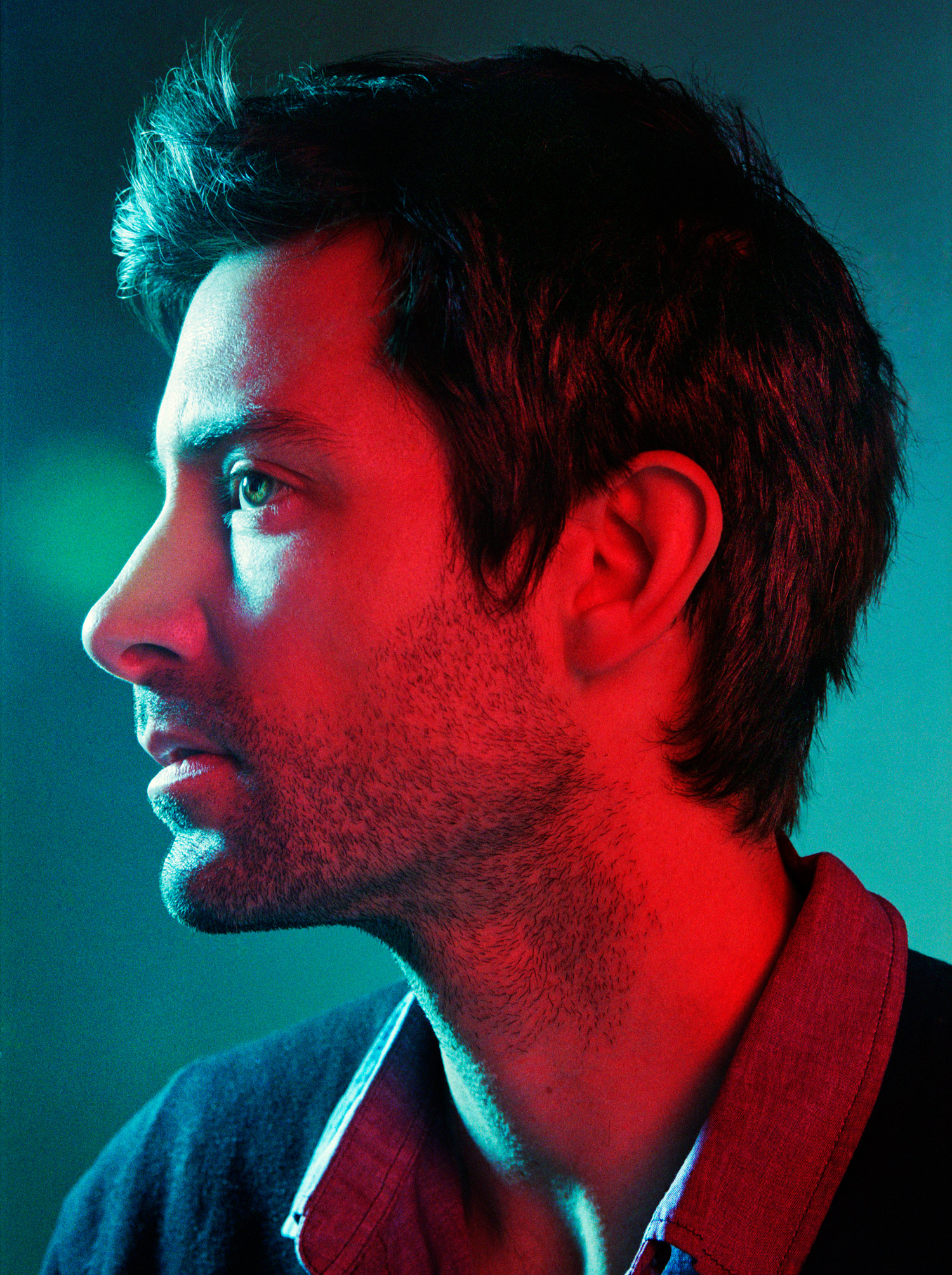Shane Carruth Goes Hollywood...Maybe
 Wednesday, November 4, 2015 at 5:51PM
Wednesday, November 4, 2015 at 5:51PM  Kieran, here. Writer-director and actor Shane Carruth (Primer, Upstream Color) has announced his latest feature. The Modern Ocean (release date still TBA), is slated to star Anne Hathaway, Keanu Reeves, Daniel Radcliffe, Jeff Goldblum, Tom Holland, Asa Butterfield and Chloë Moretz (or Chloë Grace Moretz...we'll never know. It changes with every other movie). His third feature, like his first two directorial outings, will also feature Shane Carruth as part of the cast, though one questions how big his role will be surrounded by an all-star roster.
Kieran, here. Writer-director and actor Shane Carruth (Primer, Upstream Color) has announced his latest feature. The Modern Ocean (release date still TBA), is slated to star Anne Hathaway, Keanu Reeves, Daniel Radcliffe, Jeff Goldblum, Tom Holland, Asa Butterfield and Chloë Moretz (or Chloë Grace Moretz...we'll never know. It changes with every other movie). His third feature, like his first two directorial outings, will also feature Shane Carruth as part of the cast, though one questions how big his role will be surrounded by an all-star roster.
Shane Carruth has had an interesting career. For someone whose indies have had a seemingly difficult time breaking out of the arthouse, his films often get cited in year end critical awards. Other directors have taken notice. After seeing the time-travel themed Primer, Rian Johnson consulted Carruth on the script for Looper. Quite a feat for a filmmaker who seems to take a decent amount of time between features (a nine-year gap between Primer and Upstream Color) that don't employ name actors. Will The Modern Ocean be the film that finally clicks Carruth over into mainstream acclaim? How will Carruth handle such a deep well of established actors?
The Modern Ocean is an all star piece about cargo ships searching for trade routes. That's a far cry from his earlier, micro-budget films. There are certainly indie directors who have shown that the talent doesn't dissipate once bigger budget and household names arrive. Then there are directors like Duncan Jones, who breakthrough with a heralded indie (Moon) and follow it up with a studio-funded film with big stars that has difficulty matching the early praise (Source Code). At any rate, it'll be exciting to see in which direction this star-studded new project takes him. Even if you aren't enamored of his earlier films, it's hard to deny that Carruth has a singular directorial voice. His films don't immediately recall the work of any other director working, which will always make him exciting.
How intrigued are you for Shane Carruth's new feature? Have you seen his early work?










